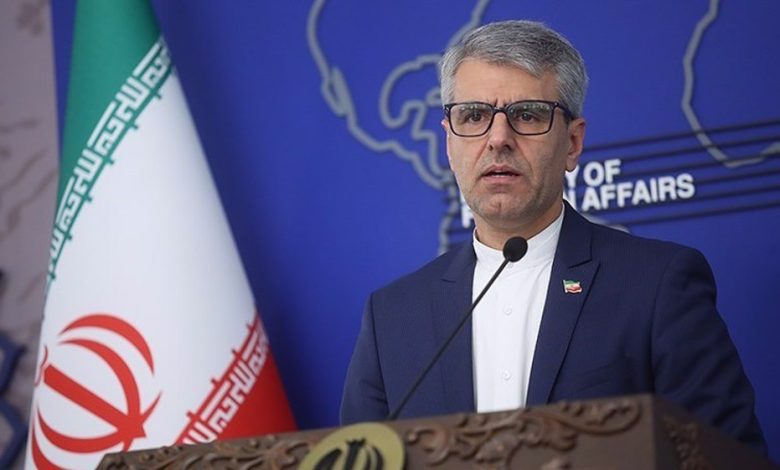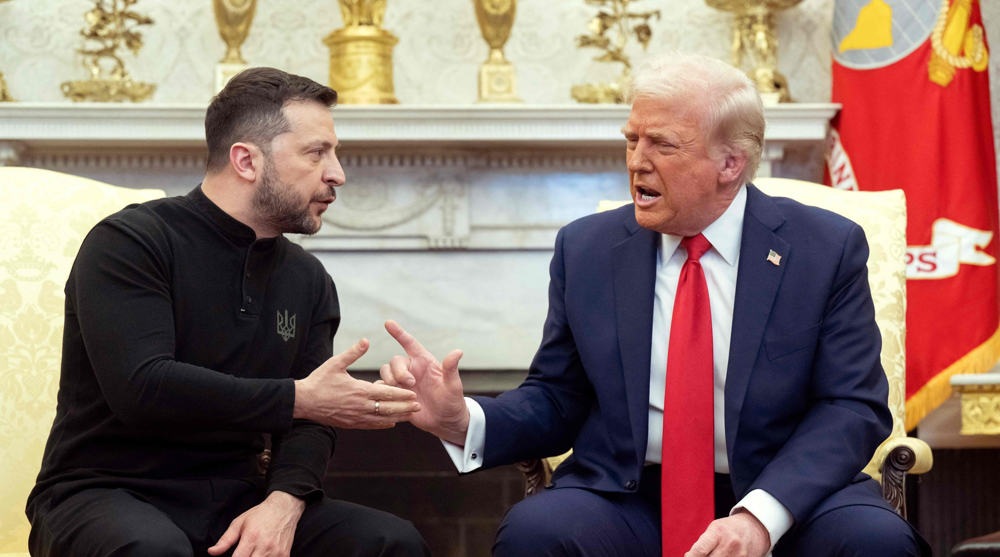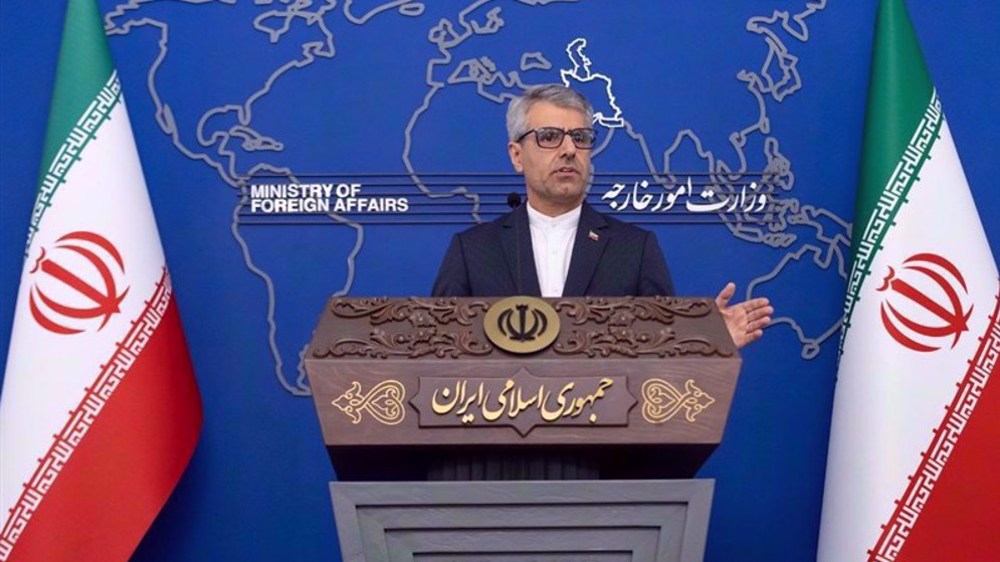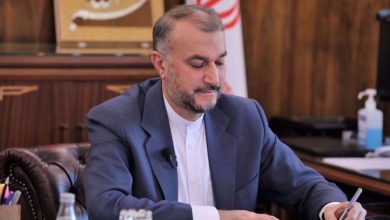Iran: Zelensky’s humiliation in US ‘wake-up call’ to return to 19th-century bullying era

Iran says US President Donald Trump’s humiliating behavior towards his Ukrainian counterpart, Volodymyr Zelensky, in the White House serves as a “wake-up call” to a return to the 19th-century era of bullying in international relations.
Iran’s Foreign Ministry spokesperson Esmaeil Baghaei made the remarks at his weekly press conference in Tehran on Monday, three days after Trump shouted at Zelensky during a heated Oval Office meeting, telling him to make a deal with Russia or lose Washington’s support.
“Everyone saw this. Everyone can have their own interpretation of the dialogue and discussions,” he said.
“It is a wake-up call and we should answer the question: Is international politics going to return to the 19th century, when power was dominant in relations between governments? The two World Wars and their consequences led the international community to conclude that the use of force should be contained and relations should be based on law.”
During Friday’s fiery exchange, Trump told Zelensky that he had no cards and was in no position to make requests of the United States, accusing the Ukrainian president of not being thankful enough for US military and political support during Ukraine’s war with Russia.
The alliance between the United States and Ukraine may now be over after a historically bad press conference between the two leaders.
Baghaei underlined the importance of security as an endogenous matter.
“The countries of the region must act on their own to ensure stability in the region and they cannot pin hope on any third party [in this regard],” he said. “This has always been Iran’s principled policy and an important issue that everyone should remind themselves of.”
Alluding to the Trump-Zelensky clash on Sunday, Iranian Parliament Speaker Mohammad Baqer Qalibaf said any country that outsources its security and development to others or trusts the arrogant powers is doomed to failure.
He further described the 1979 Islamic Revolution as a rational uprising that saved Iran from dependence on the world’s most unreliable powers.
US complicit in genocide against Palestinians
Meanwhile, the spokesman touched on the instructions by the US House Foreign Affairs Committee chair to staffers to refer to the occupied West Bank by its biblical name.
“Changing the name cannot change the realities on the ground. What is clear is that the West Bank and Gaza are parts of historical Palestine and that they cannot be questioned or changed,” he said.
Such moves, he noted, show the US politicians’ complicity in the genocide against the Palestinian nation.
Foreign Ministry spokesperson Esmaeil Baghaei has reiterated Iran’s adherence to its “principled positions,” stressing that the country maintains a consistent policy.
‘Iran attaches great value to Turkey ties despite old disagreements’
Elsewhere in his remarks, Baghaei referred to Turkish Foreign Minister Hakan Fidan’s recent “criticism” of Iran’s foreign policy.
He said Tehran attaches great value to its relations with Ankara despite old differences of opinion with the neighboring country.
“The art of both sides has been to manage disagreements in a very rational manner without damaging their good bilateral ties. At the same time, we heard unconstructive statements that required Iran to announce its position very firmly,” he said.






